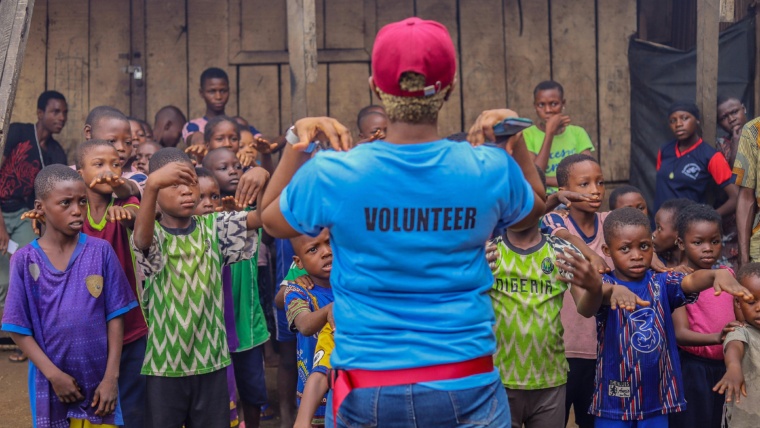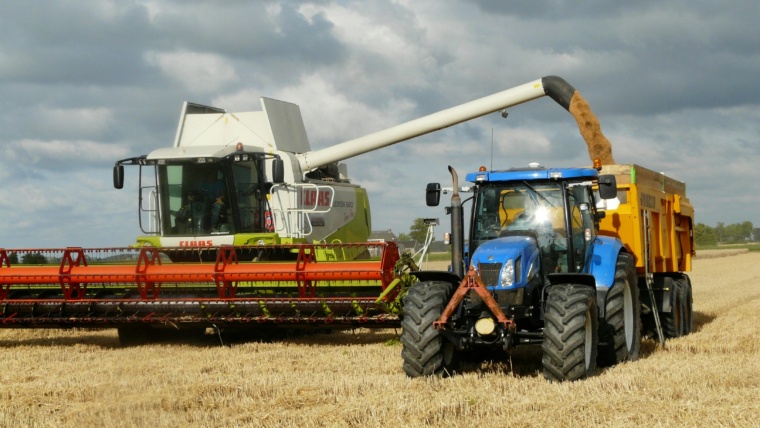
Drug abuse prevention is vital for safeguarding the health and well-being of individuals and communities. By focusing on education, early intervention, and support systems, we can reduce the risk of substance abuse and its harmful effects. Prevention efforts aim to empower individuals, especially young people, to make informed choices, resist peer pressure, and avoid the destructive cycle of addiction. Building strong, supportive environments at home, school, and in the community is key to preventing drug abuse and fostering healthier, drug-free lives for future generations.

Flood management is essential for the safety and well-being of our community. By improving drainage systems, we can significantly reduce the risk of annual flooding, which endangers lives, damages property, and disrupts livelihoods. Effective flood control will not only safeguard homes and infrastructure but also promote long-term resilience against climate-related challenges. Investing in modern, efficient drainage solutions is a critical step towards ensuring that our community remains safe, secure, and prosperous for future generations.

Welfare is a critical framework of social support designed to protect individuals and families from economic instability and hardship. It encompasses a broad range of services, including healthcare, education, housing, child care, and financial assistance. These programs aim to ensure that everyone, regardless of their socioeconomic status, has access to basic necessities and opportunities to improve their quality of life.

Agriculture is the backbone of human civilization, providing the food, fiber, and raw materials that sustain life and fuel economies. Since the dawn of history, agriculture has shaped the development of societies, transforming communities from hunter-gatherers into settled populations capable of building cities and advancing technological progress. Today, agriculture remains just as vital, as it supports global food security, creates…

Job creation is the process of generating new employment opportunities, essential for economic growth and reducing poverty. Governments and businesses contribute by investing in infrastructure, supporting small enterprises, and encouraging innovation. A skilled workforce is vital to meet labor market demands, and inclusive policies help ensure that all groups benefit from job opportunities. Sustainable job creation drives social stability and long-term development.

State governments set overall educational standards, often mandate standardized tests public school systems and supervise, usually through state colleges. Private schools are generally free to determine their own curriculum and staffing policies.

In such areas where man has fundamentally transformed landscapes such as urban settings, the natural environment is greatly modified into a simplified human environment. Even acts that seem less extreme, such as building, modify the natural environment.

Empowerment is the key to unlocking an individual’s full potential, enabling them to take control of their lives and create positive change. It’s about giving people the tools, confidence, and opportunities to shape their future, make decisions, and contribute to their communities. Empowering others fosters independence, builds self-esteem, and encourages innovation. Whether through education, skills training, or simply offering support, empowerment creates a ripple effect that strengthens families, societies, and nations.

The social issue is of ensuring that members of society have a home in which to live, whether this is a house or some other kind of dwelling. Many governments have one or more housing authorities, sometimes also called a housing ministry or department.

City’s cultural industry is famous for its innovation and experimentation, its entrepreneurial energy and risk-taking. It is this that explains why the music, books and films we make are enjoyed all around the world and why it is one of the most visited cities.
